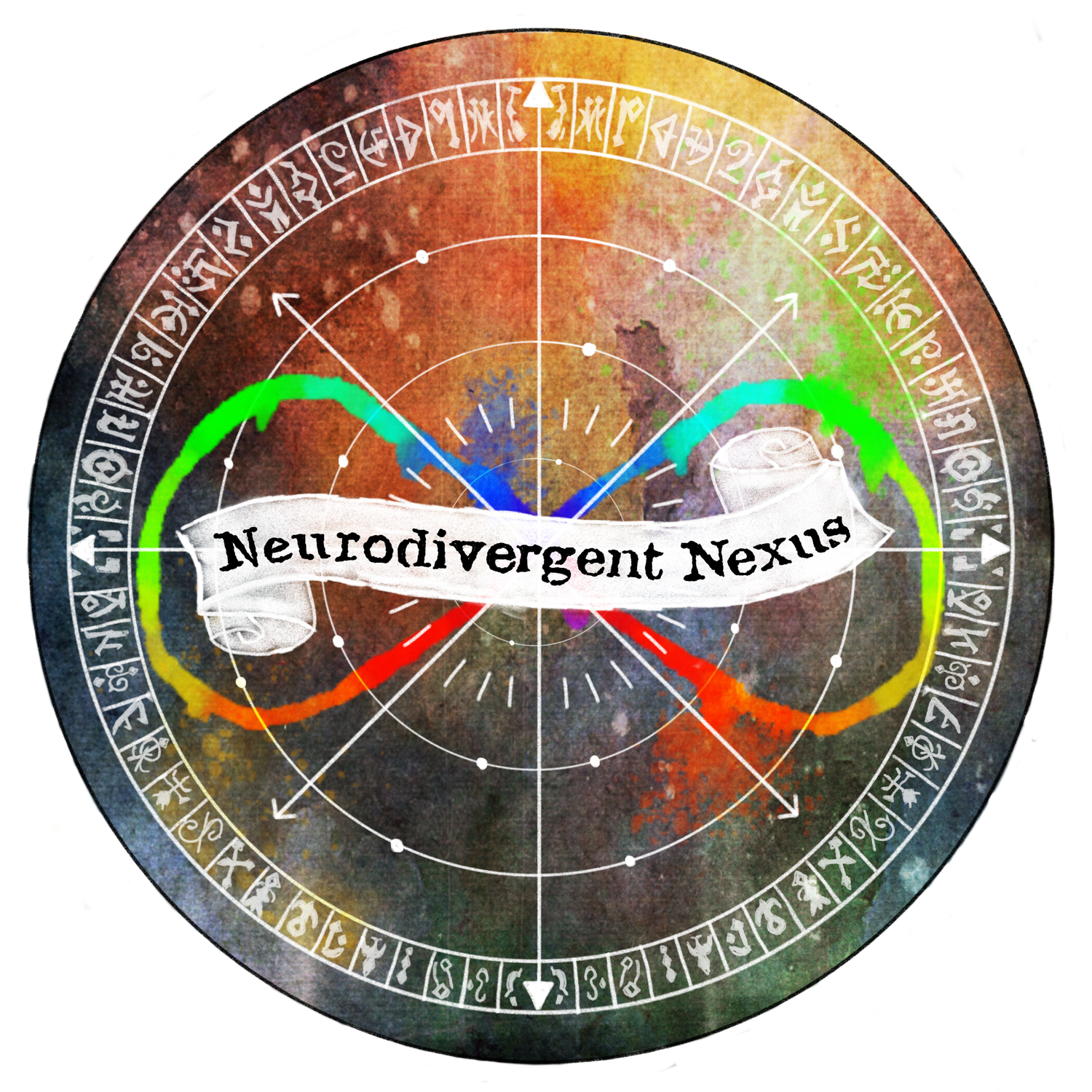
Embracing Neurodivergent Occupations Manuscript
This manuscript is the culmination of my post-professional occupational therapy doctoral research, and entwines my love for disability justice, neurodiversity-affirming literature, and advocacy. This manuscript was a partnership with neurodivergent practitioners, advocates, and scholars from around the world, and I am thrilled to share it with you. Some key highlights:
Outlines how ableism is deeply entrenched within the occupational therapy profession, with an introduction to the first neurodiversity-affirming occupational therapy model (EMPOWER)
Discusses how relying solely on evidence-based practice can contribute to health inequities with an alternative framework
Provides an overview neurodiversity-affirming assessment tools, evaluation components, affirming goals, and occupational therapy services
Converses on models of disablement with a depiction of my favorite model (e.g., hint: it is not the social model of disability)
Describes the health and well-being priorities identified by autistic individuals within occupation-based frameworks
A grading of occupational therapy services by level of neurodiversity-affirming characteristics
Resources for applying neurodiversity-affirming programs and services
Abstract: Neurodivergent occupations are ways of living and embodying life that speaks true for their neurotype. Examples include autistic play, ADHDer concepts of attention, and sensory processing differences. Though the neurodiversity movement is beginning to infiltrate health care services, neurodiversity-affirming practices within occupational therapy remains lacking. Neurodivergent occupations continue to be pathologized within occupational therapy, evident within the profession’s education, and all aspects of the occupational therapy process, such as assessment, treatment, and outcomes. Neurotypicality remains to be the benchmark for functioning within occupational therapy, much of which is secondary to the dominating medical model of disability and ableism proliferating the profession. These factors lead to OTPs creating occupational marginalization when attempting to support neurodivergent individuals, with neurodivergent OTPs pleading for the profession to reflect and modify current conceptualizations of occupational therapy. The proposed program, Embracing Neurodivergent Occupations, aims to answer this call. Embracing Neurodivergent Occupations is a knowledge translation tool incorporating tenets of disability justice, community-defined evidence practice, and lived-experience informed practice. The program intends to be an example of community-based participatory research (CBPR), with the program’s creation incorporating neurodivergent OTPs, scholars, and advocates from around the world for a holistic view on neurodivergent ways of living. Components of the Embracing Neurodivergent Occupations will include: (a) the first neurodiversity-affirming occupational therapy model (EMPOWER Model), (b) conversations on models of disablement and rehabilitation, (c) health and well-being priorities designated by autistic individuals, (d) steps for completing neurodiversity-affirming evaluations, (e) neurodiversity-affirming service and practitioner characteristics, and (f) a grading of commonly utilized occupational therapy programs and resources and their level of being neurodiversity-affirming. Embracing Neurodivergent Occupations has three phases: (1) an introductory workshop with OTPs within this author’s current work setting, (2) a website translating the program into a multimedia resource hub, and (3) morphing the introductory workshop into online modules. Embracing Neurodivergent Occupations aspires to support the profession’s ability to be anti-ableist, provide neurodiversity-affirming services through all aspects of the occupational therapy process, and ultimately empower neurodivergent occupational participation and well-being.


